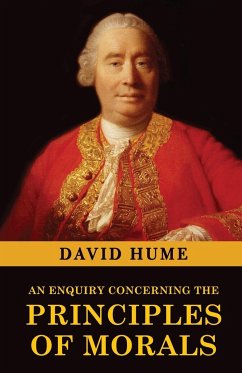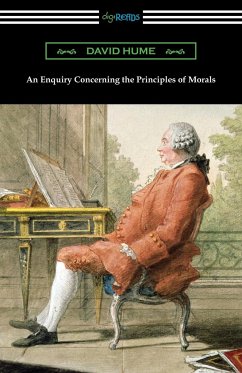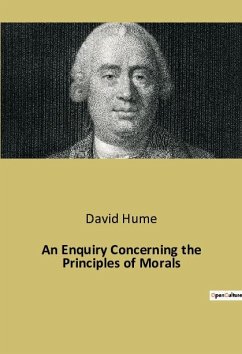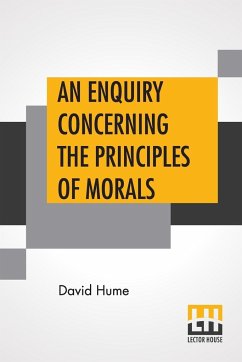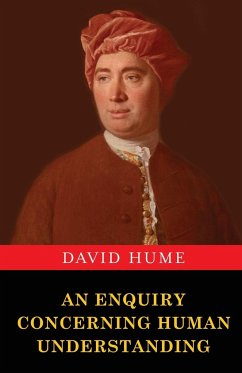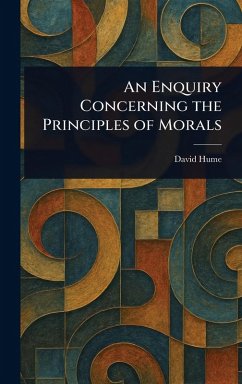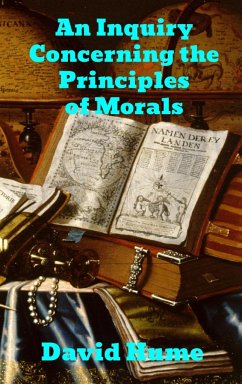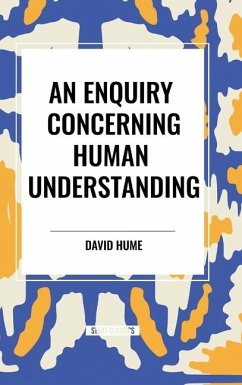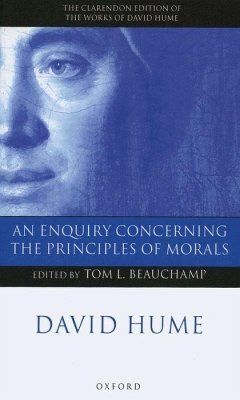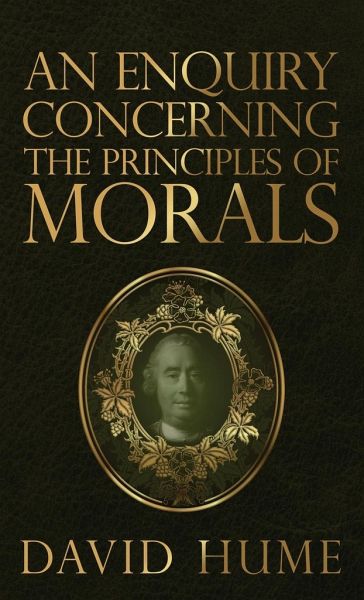
An Enquiry Concerning the Principles of Morals
Versandkostenfrei!
Versandfertig in 1-2 Wochen
18,99 €
inkl. MwSt.

PAYBACK Punkte
9 °P sammeln!
Scottish philosopher Davie Hume's biting criticism of religion and non-empirical methods of pursuing knowledge have resonated over the centuries, manifesting even to this day in the "New Atheist" movement. In this, his 'second enquiry' in which he concerned himself with morals, he sought out to place morality on entirely empirical grounds. Hume considered this one of his best works. While many find Hume's arguments compelling, that they are still raised today suggests that others remain unconvinced. Indeed, morality--its source, whether it is objective or subjective, etc.--is a matter of fierc...
Scottish philosopher Davie Hume's biting criticism of religion and non-empirical methods of pursuing knowledge have resonated over the centuries, manifesting even to this day in the "New Atheist" movement. In this, his 'second enquiry' in which he concerned himself with morals, he sought out to place morality on entirely empirical grounds. Hume considered this one of his best works. While many find Hume's arguments compelling, that they are still raised today suggests that others remain unconvinced. Indeed, morality--its source, whether it is objective or subjective, etc.--is a matter of fierce debate to this day. Hume aimed to settle the issue once and for all. Though he did not succeed in doing that, he did succeed in making an important and early contribution to the subject.



